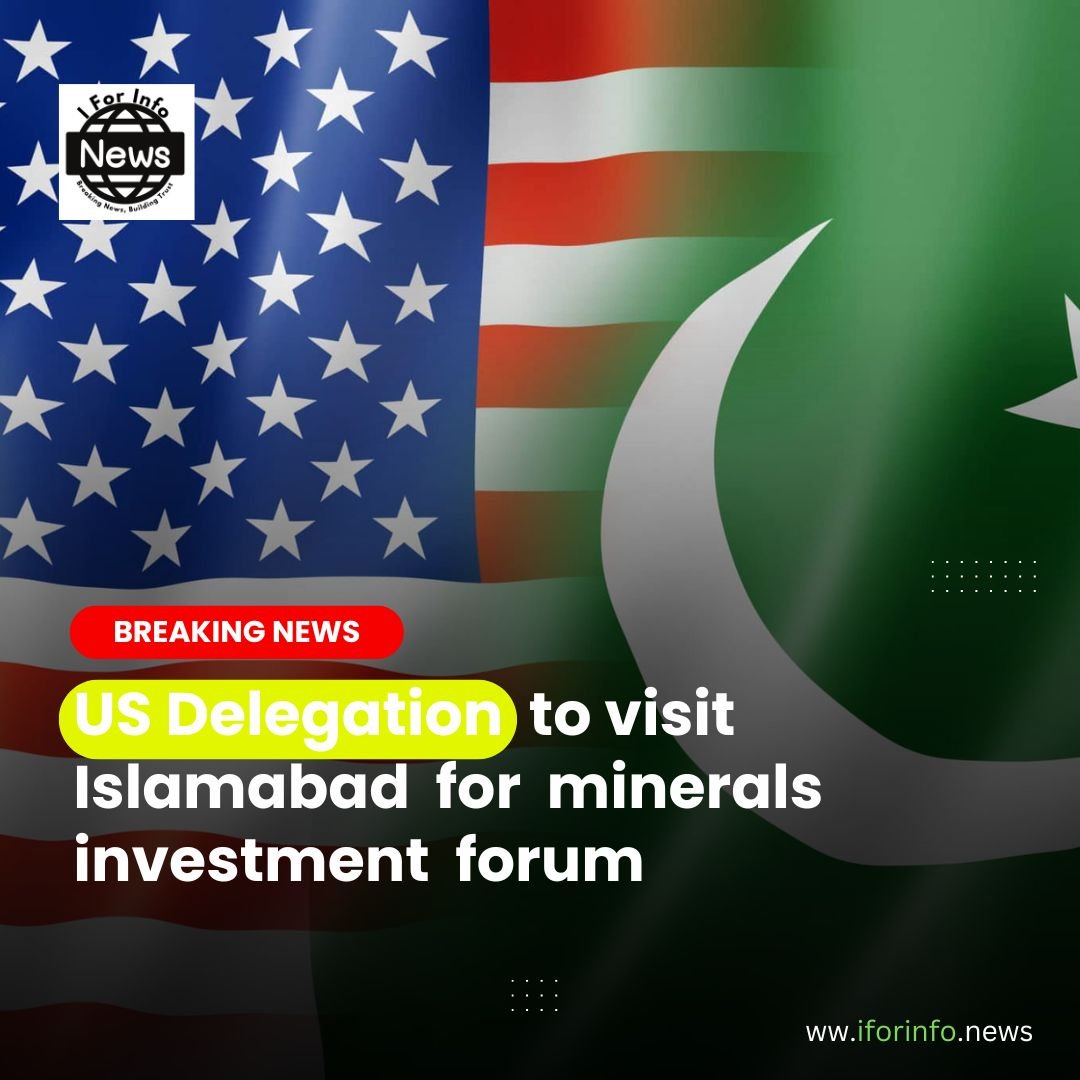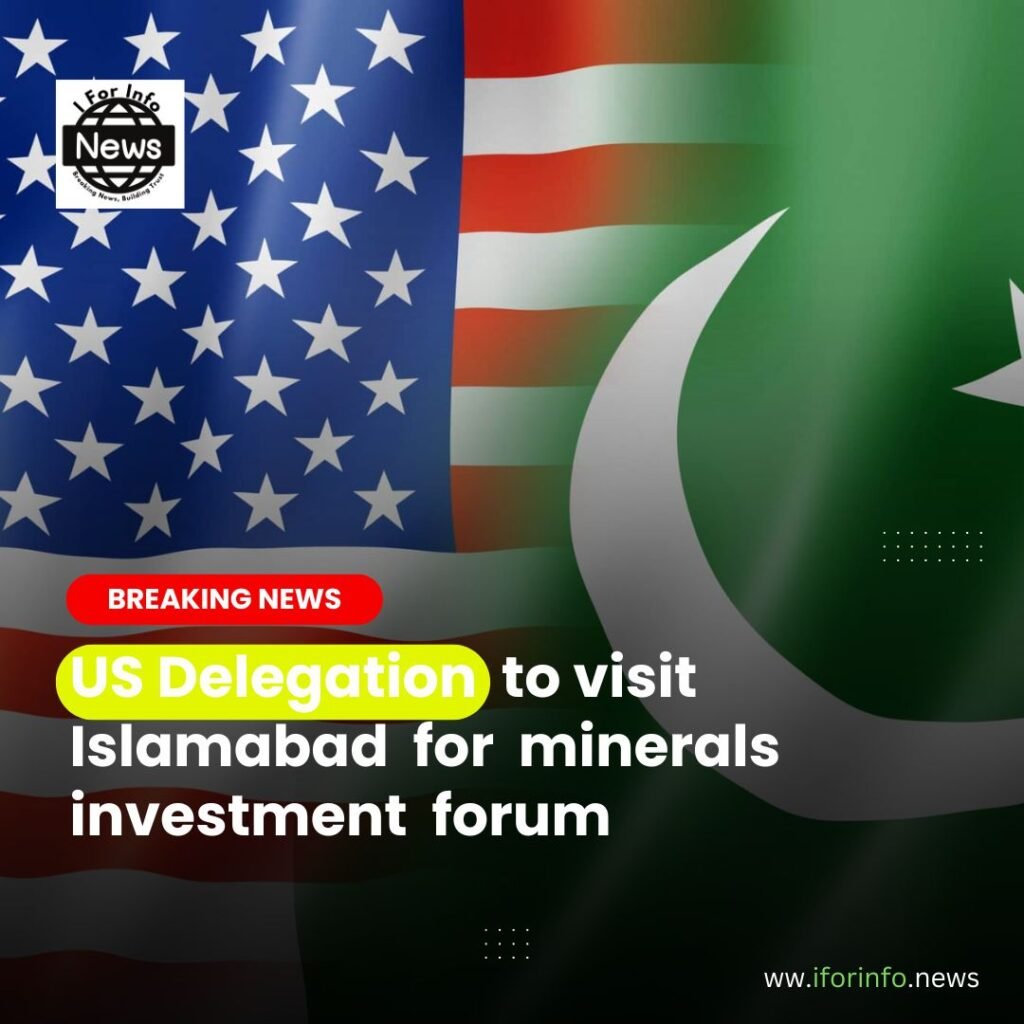A United States delegation, led by Eric Meyer, the top official managing South and Central Asian Affairs at the US State Department, is scheduled to visit Islamabad from April 8 to 10, 2025. The purpose of the visit is to promote US strategic interests in the critical minerals sector during an upcoming investment forum.
The Oil and Gas Development Company Limited (OGDCL), in partnership with the Government of Pakistan and key strategic allies, will host the Pakistan Minerals Investment Forum 2025 (PMIF25) on April 8-9 at Jinnah Convention Centre, Islamabad.
This high-profile event aims to bring together global investors and industry leaders to explore lucrative opportunities in Pakistan’s rapidly growing minerals sector and to tap into the nation’s untapped mineral wealth.
According to a statement from the US State Department, Eric Meyer is scheduled to hold meetings with senior officials in Pakistan to enhance opportunities for American businesses and strengthen economic cooperation between the two nations.
In addition, Meyer will emphasize the ongoing need for US-Pakistan collaboration in counterterrorism efforts during his engagements with top-level officials.
The announcement follows President Donald Trump’s decision to impose a 29% tariff on imports from Pakistan, part of a broader move targeting dozens of countries—both allies and rivals—escalating the global trade war.
The 29% reciprocal tariff was introduced in response to Pakistan’s existing 58% duty on US goods, as highlighted during Trump’s official announcement.
Currently, Pakistan exports around $6 billion worth of goods to the US annually, accounting for 18% of Pakistan’s total exports. However, these exports represent only 0.16% of the United States’ total imports, which stood at $3.36 trillion in 2024. In comparison, countries like Vietnam (4.2%), Bangladesh (0.26%), Sri Lanka (0.09%), and India (2.7%) hold larger shares in US imports.
Textiles make up 75% to 80% of Pakistan’s total exports to the United States, with other key export items including leather products, surgical instruments, rice, cement, steel goods, and salt. Pakistan primarily competes with textile-exporting nations such as China, India, Vietnam, Cambodia, Indonesia, and Bangladesh in the international market.
At the same time, Prime Minister Shehbaz Sharif and his cabinet have consistently emphasized Pakistan’s rich mineral resources as a cornerstone for the country’s economic revival.
In a major development, Saudi Arabia’s Manara Minerals is reportedly considering an investment in Balochistan’s Reko Diq mine—a site jointly owned by Barrick Gold and the Government of Pakistan. Recognized as one of the largest underdeveloped copper and gold reserves in the world, Reko Diq has already attracted international interest following Manara’s visit to Pakistan last year for preliminary talks.




